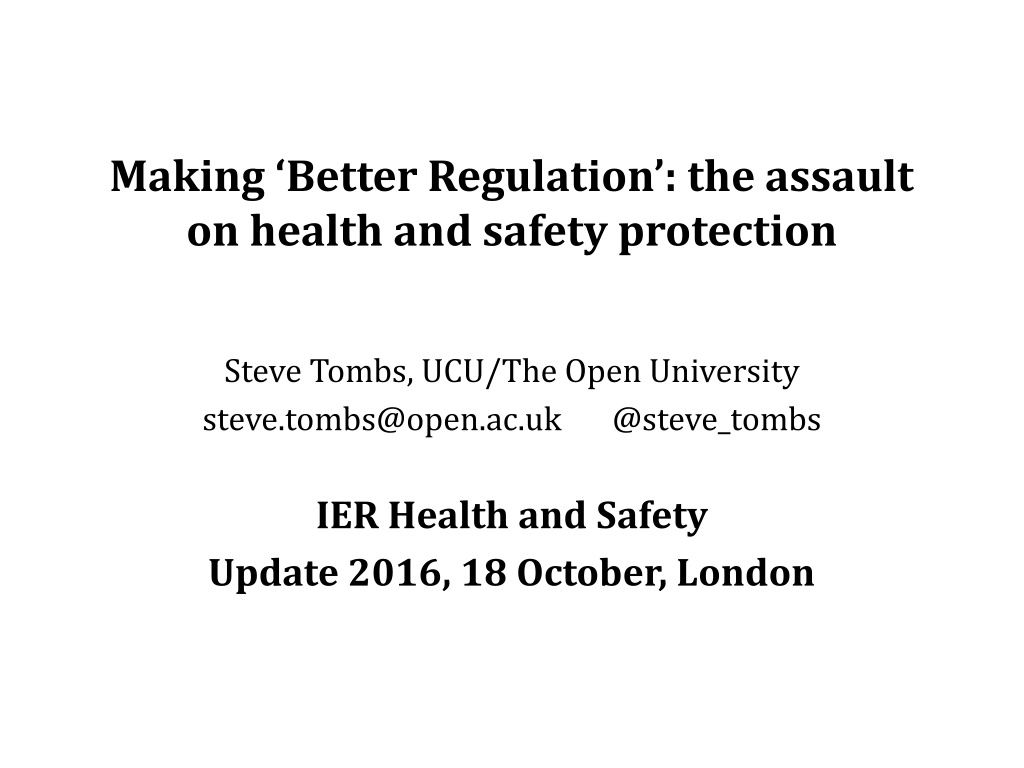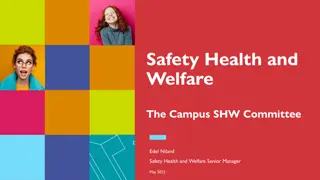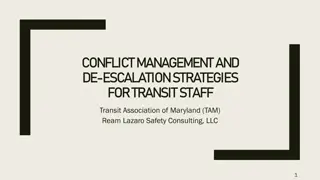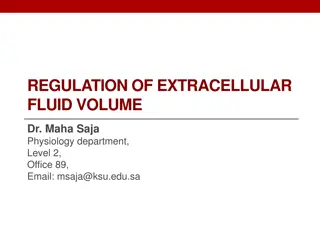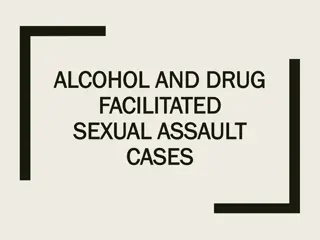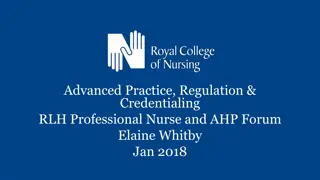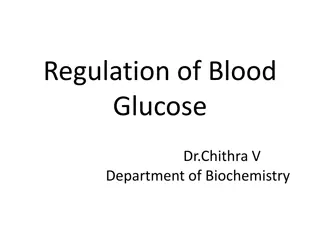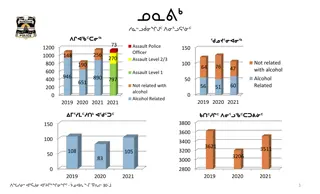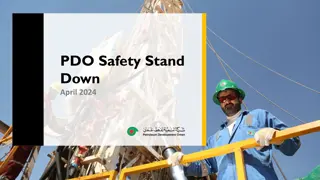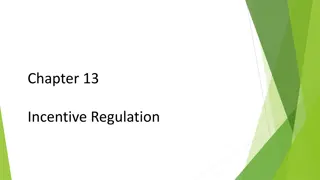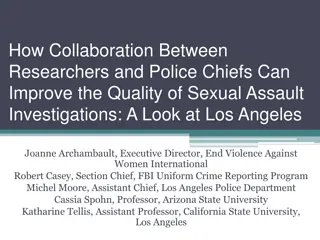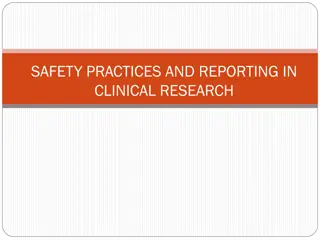The Assault on Health and Safety Regulation
Better Regulation policies have led to a decrease in inspections, prosecutions, and regulatory enforcement in areas such as food safety, pollution control, and health and safety. This trend poses risks to public health and safety, highlighting the significant impact of regulatory changes on business competitiveness and enforcement capacity.
Download Presentation

Please find below an Image/Link to download the presentation.
The content on the website is provided AS IS for your information and personal use only. It may not be sold, licensed, or shared on other websites without obtaining consent from the author.If you encounter any issues during the download, it is possible that the publisher has removed the file from their server.
You are allowed to download the files provided on this website for personal or commercial use, subject to the condition that they are used lawfully. All files are the property of their respective owners.
The content on the website is provided AS IS for your information and personal use only. It may not be sold, licensed, or shared on other websites without obtaining consent from the author.
E N D
Presentation Transcript
Making Better Regulation: the assault on health and safety protection Steve Tombs, UCU/The Open University steve.tombs@open.ac.uk @steve_tombs IER Health and Safety Update 2016, 18 October, London
Better Regulation: the child of New Labour The argument is not the old one more regulation against less regulation. Our focus is on getting regulation right better regulation regulation that will improve, not hinder, business competitiveness . (Blair, 1998, speech on assuming first presidency of EU) Hampton Review (2004) and Report (2005): not just a light touch but a limited touch. (Brown, 2005) Basic assumptions: Most businesses comply with most regulations most of the time Enforcement resources should be targeted at the non-compliers, and for the most part involve advice not sanctions Regulatory reform and less enforcement as key to a growth economy becomes crucial post 2008
Making Better Regulation Dominance of Better Regulation has been secured through a series of mutually supportive processes: A long term rhetorical assault on regulation as burdensome, red tape etc Institutions within and of Government Legal reform: deregulation and re-regulation Reviews of Regulators and Regulation A great deal of work by the state to bring about the non- interventionist state
Better Regulation, 2003/04 2014/15: some quantitative indicators Food safety and food hygiene (EHOs): food hygiene inspections fell by 15% food standards inspections fell by 35% food prosecutions fell by 35% Environment Agency pollution control: inspections fell by 52% prosecutions fell by 54% Pollution Control EHOs: inspections fell by 55% (to 2013/14) notices fell by 30% (to 2013/14)
Better Regulation, 2003/04 2014/15: some quantitative indicators Health and Safety Executive (FoD): inspections fell by 69% prosecutionsfell by 35% Health and Safety EHOs: total inspections fell by 69% preventative inspections fell by 96% prosecutions fell by 60%
The Politics of Better Regulation meets the Economics of Austerity A case studyof Merseyside: a snapshot of enforcement capacity at 2015 at present, we can t meet our statutory duties to be honest we're now doing statutory stuff only there s nothing left to cut now there is no padding left, we re below the statutory minimum there are no areas of discretion left there s nothing else to be cut where we are now, we re at the point where worker safety is being jeopardized it s going to come to the point where it going to affect the residents, the local population, in many ways we are at that point now, public health and protection is being eroded we re at the point where there is no flesh left, this is starting to get dangerous, a danger to public health
The Primary Authority Scheme Emerges in 2009 on the basis of claims for consistency in enforcement Better Regulation Delivery Office (BRDO) established in 2012 to oversee its delivery April 2014, 1,500 businesses had established PA relationships across 120 LAs; at 12 October 2016, there were 16,849 such partnerships across 180 authorities These partnerships are contracts: companies with sites across more than one LA negotiate a contract with one LA to have it - as the Primary Authority - regulate all of its sites across all LAs The PA reviews systems; acts as bulwark against enforcement in other LAs; BRDO acts as last stop against enforcement The PA scheme is the flagship Better Regulation initiative at local level
How much Better can Better Regulation get? Better Regulation is not just about less enforcement but about re-casting the relationship between the state and the private sector: Regulators need to see themselves in a different light in relation to business, to reposition themselves in terms of businesses (BRDO) We need to be more business friendly and get our customer focus right (EHO) Increasingly we re told that our main job is to facilitate business, industry and so on (EHO) At local level, it is a de-democratising process Overall, it is dismantling a system of regulation - social protection - which was put into place from the 1830s onwards There is no logical end point to Better Regulation
